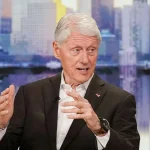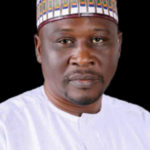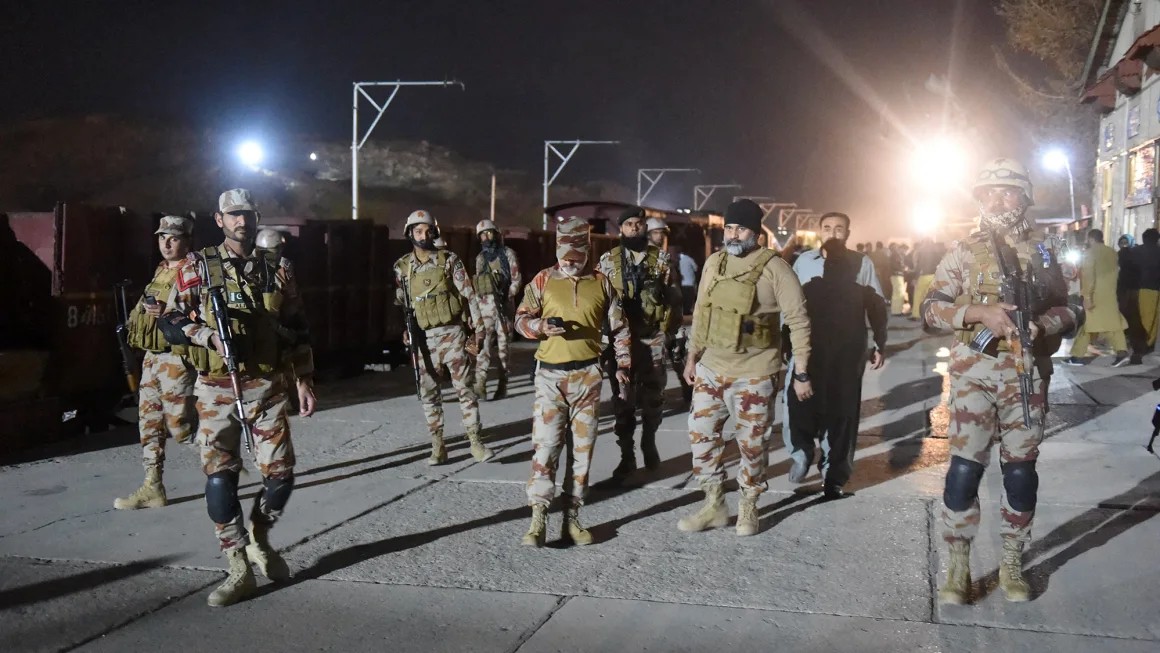Tensions flared at the Federal High Court in Abuja on Thursday during the resumed trial of Indigenous People of Biafra leader, Mazi Nnamdi Kanu, as the presiding judge issued a stern warning to the Federal Government over delays in the case.
Frustrated by the prosecution’s slow pace and lack of readiness, the judge reprimanded the government’s legal team, making it clear the court would no longer tolerate procedural lapses.
“You must pick six days within two weeks and present all your witnesses. If you fail to do so, I will strike out your case as weak,” the judge said, drawing murmurs of approval and surprise from the courtroom.
The hearing commenced with the cross-examination of the prosecution’s second witness, but the session quickly deteriorated.
The witness gave inconsistent responses, repeatedly saying “I don’t know” and contradicting previous statements. As doubts mounted over the witness’s credibility, the court discharged him.
Matters worsened when the prosecution failed to present its third witness. In response, the visibly displeased judge adjourned the case to May 28 and 29, as well as June 6, 16, 18, and 19, 2025. The judge further instructed the prosecution team, led by Senior Advocate of Nigeria Adegboyega Awomolo, to streamline its witness list. “We cannot continue like this. Reduce your witnesses so this matter can end soon,” he said.
The defense team, led by former Attorney General of the Federation Chief Kanu Agabi (SAN), appeared well-prepared. They submitted video evidence challenging the credibility of the charges against Kanu.
One video featured a statement by Imo State Governor Hope Uzodimma, who had previously accused IPOB of violence in Orlu. The footage showed the governor suggesting the violence may have been politically motivated. Additional clips included remarks by DSS Director Oluwatosin Ajayi and retired General T.Y. Danjuma, both encouraging citizens to defend themselves. The prosecution’s witness, however, declined to comment on the content, stating it was not within his role to interpret such statements.
Under cross-examination, the defense questioned the witness on whether any direct evidence linked Kanu to criminal activities. The witness admitted he had not conducted any personal investigations into IPOB members and had no reports tying Kanu to violence.
Further weakening the prosecution’s case, the witness also confirmed that he failed to respond to an official letter from the Attorney General’s office and had not submitted any investigation report to the court.











